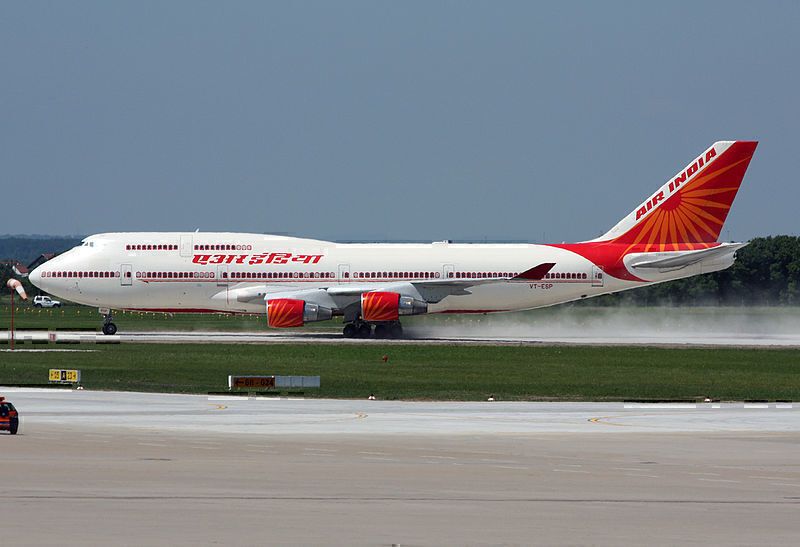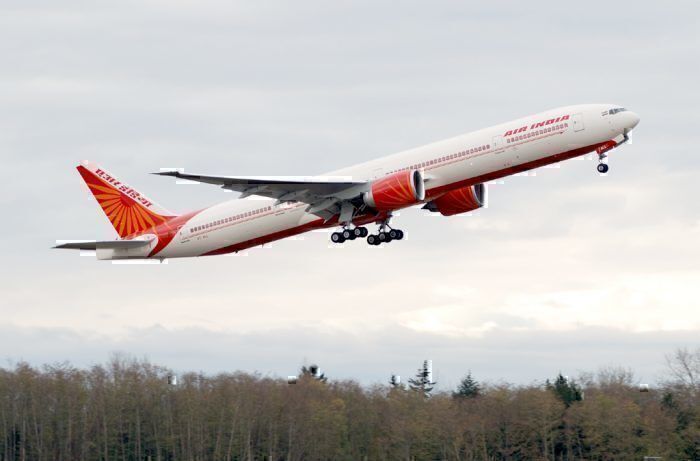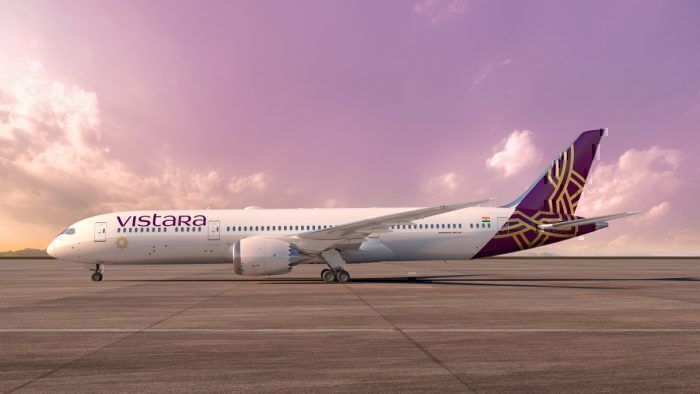The coronavirus is causing a substantial slowdown in the aviation market, with India feeling the effects even more this week. With the government pulling out all the stops to make the airline as lucrative as possible, could this put a damper on the efforts? Let's examine what the airline has to offer and how the virus may affect its sale.
How will the virus affect the airline?
India has recorded 39 cases of the virus, with all but three coming in the last week. Air India is particularly exposed to the virus. The airline flies to Tokyo, Seoul, Milan, Hong Kong, and Shanghai. These are all cities that are at risk or have seen widespread outbreaks of the virus. In response, Air India has reduced the frequency on all these routes and cancelled the last two until July. With the virus now spreading in India, Air India could see its domestic business hurt too. Carriers like IndiGo have begun offering change fee waivers on all flights, an example that Air India might have to follow, causing more loss in demand and revenue.
The virus has already heavily affected the demand of Air India's popular international routes, such as Seoul and Tokyo. Domestic cases might force Air India to trim down flights within India and possibly even ground some aircraft in its fleet.
A bane to potential buyers?
One of Air India's tactical advantages was its place in a fast-growing aviation market. However, a sustained effect of the virus could cause a slowdown in the market, making Air India a lot less lucrative. While the airline will still retain its large fleet and prominent slots at airports like Heathrow, without demand all of these advantages fall flat. The lack of demand might force buyers to take a closer look at Air India's $3.2bn debt, a bloated staff, and grounded aircraft.
A lot of hinges on the status of the aviation market. In the short-term, we could see buyers holding off on bidding or making a deal, to see how the market recovers after the virus. In a worst-case scenario, buyers might decide to stay away from the airline due to a lack of demand in the market and a number of liabilities that come with the airline.
Government still confident in its plan
India’s Civil Aviation Authority said yesterday that they expect the virus to have no effect in the privatization effort. In remarks at an Economic Times Summit, it was said that Air India remains a first-rate asset and has generated interest from Indian and foreign buyers. To the government's credit, Tata-SIA, the owners have Vistara, said they are interested in the airline once again last week. Though, the government has said the process might take longer than expected, with the bidding deadline extended.
The Indian government has invested billions into rescuing the airline and preparing it for sale. They also recently approved foreign firms to buy 100% of the airline, an increase from the 49% maximum. With so much invested in the airline, the government will pull out all the stops to ensure the airline is privatized.
With demand set to drop in the Indian aviation market for the first time in years, Air India's prospects could look very different. Only time will tell us whether the virus will be a small delay in the divestment process or a sticking point for buyers.



